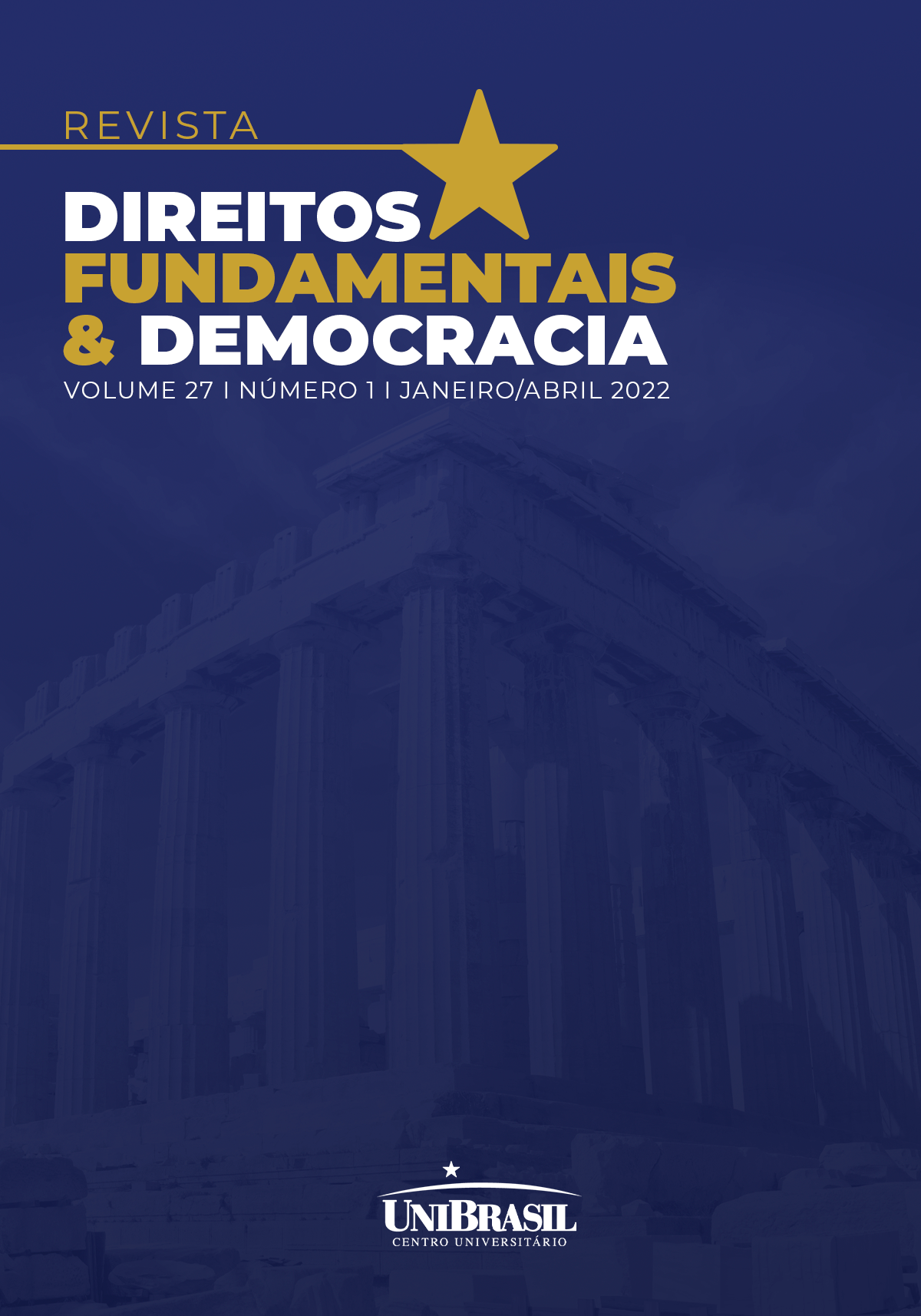THE EFFECTIVENESS OF THE EXTRA JUDICIAL PROCEDURE OF NAME AND GENDER ALTERATION IN THE CITY OF FORTALEZA
DOI:
https://doi.org/10.25192/issn.1982-0496.rdfd.v27i12078Abstract
This article aims to analyze provision n. 73 of the National Council of Justice (CNJ), 2018, which foresees sex and name alterations for transsexuals directly in the civil registry, as well as the effectiveness of this norm in the city of Fortaleza one year after its publication. The provision was before conditioned to a medical diagnosis, a surgical intervention of sexual reversion and a judicial process. Now, it allows the adaptation of trans people gender condition to their civil registry by self-declaration. Enacted ten days after the WHO removed transsexuality of its diseases and disorders list, the National Justice Council represented a meaningful advance in the field of the rights of excluded people from their citizenship due to a gender orientation and sexuality which differs from the binary man/woman orientation. In order to accomplish this article, critical gender theories in law were articulated to comprehend social and juridical struggles regarding sexuality, with a research in the Civil Registry of Fortaleza. This analysis is justified as a better knowledge of the juridical context in which this innovation happens, as well as the causes that enabled or inhibited the access of trans population to registry services, allowing the elaboration of public policies destined to amplify the number of beneficiaries by the right of civil registry alteration by self-declaration. It is verified that, despite the meaningful numbers regarding trans population in Fortaleza, it is still very a very modest number.
Downloads
Downloads
Published
How to Cite
Issue
Section
License
Copyright (c) 2022 TIAGO SEIXAS THEMUDO THEMUDO, Alisson José Maia Melo, Getúlio de Pessoa Coelho Filho

This work is licensed under a Creative Commons Attribution-NonCommercial-ShareAlike 4.0 International License.
Copyrights for any articles published in the journal are given to the author and RDFD with first publication rights granted to the Journal. By virtue of their appearance in this open access journal, articles are free to use, with proper attribution, for educational and other non-commercial purposes in accordance with the creative commons.




